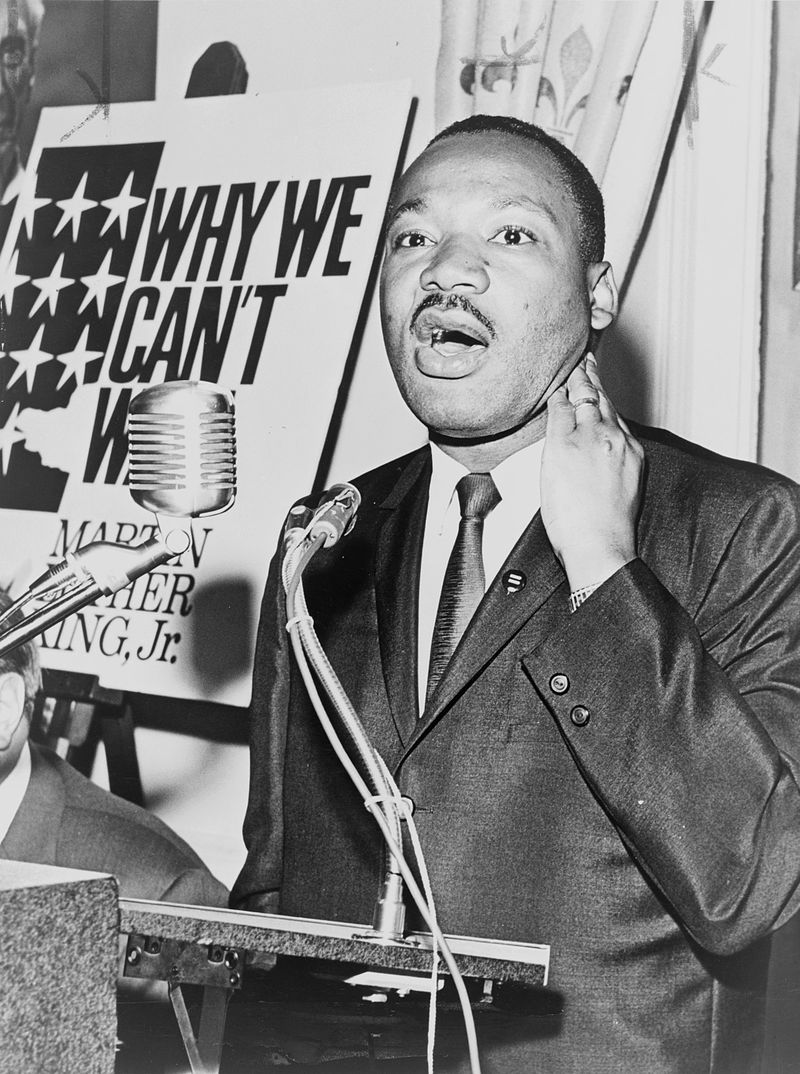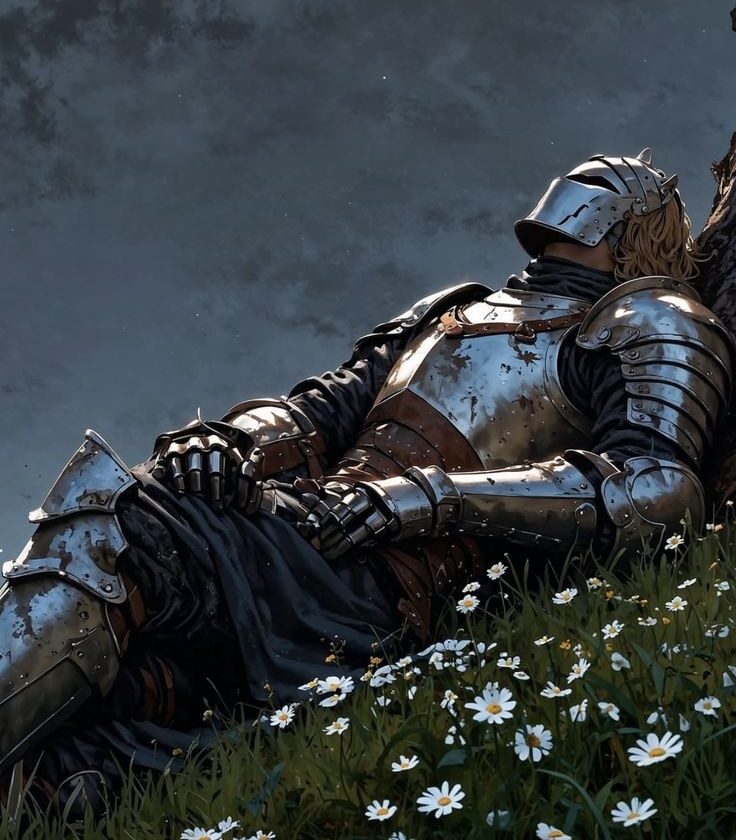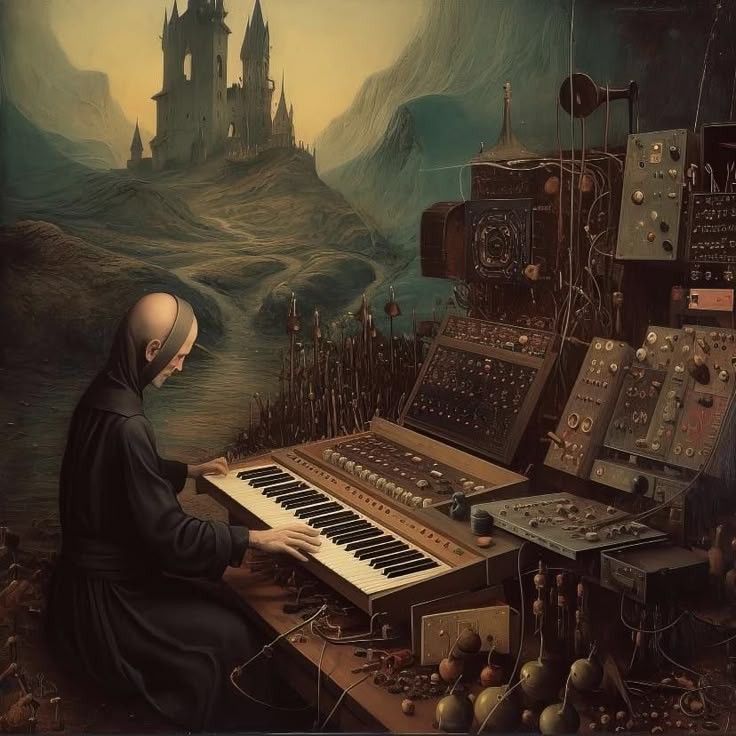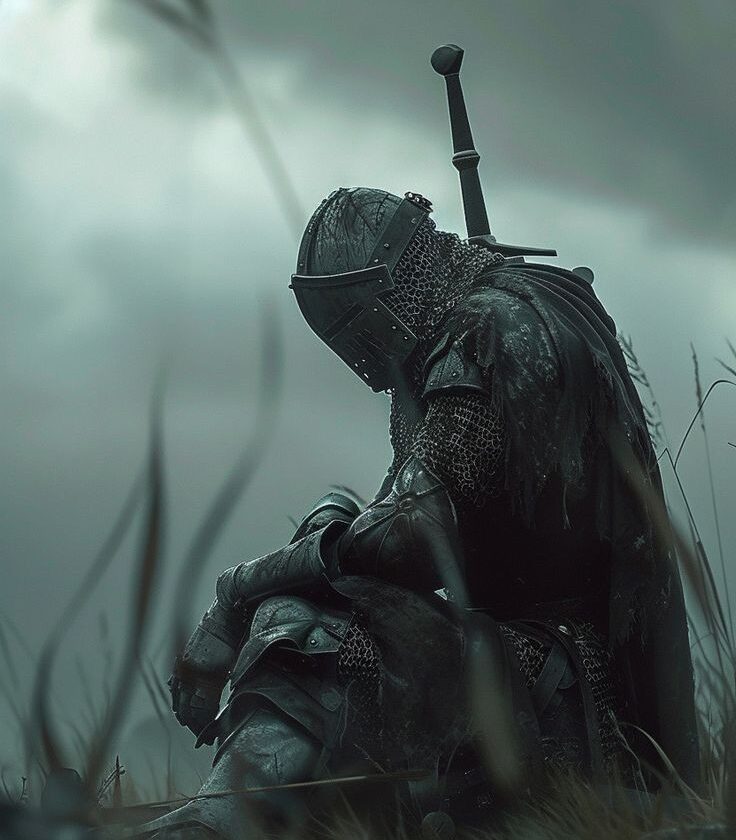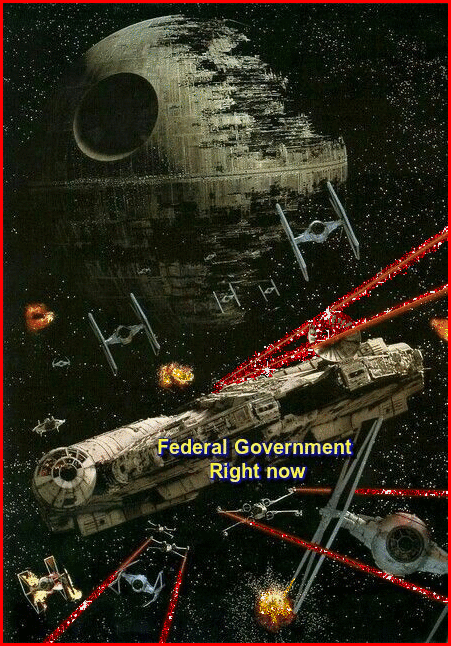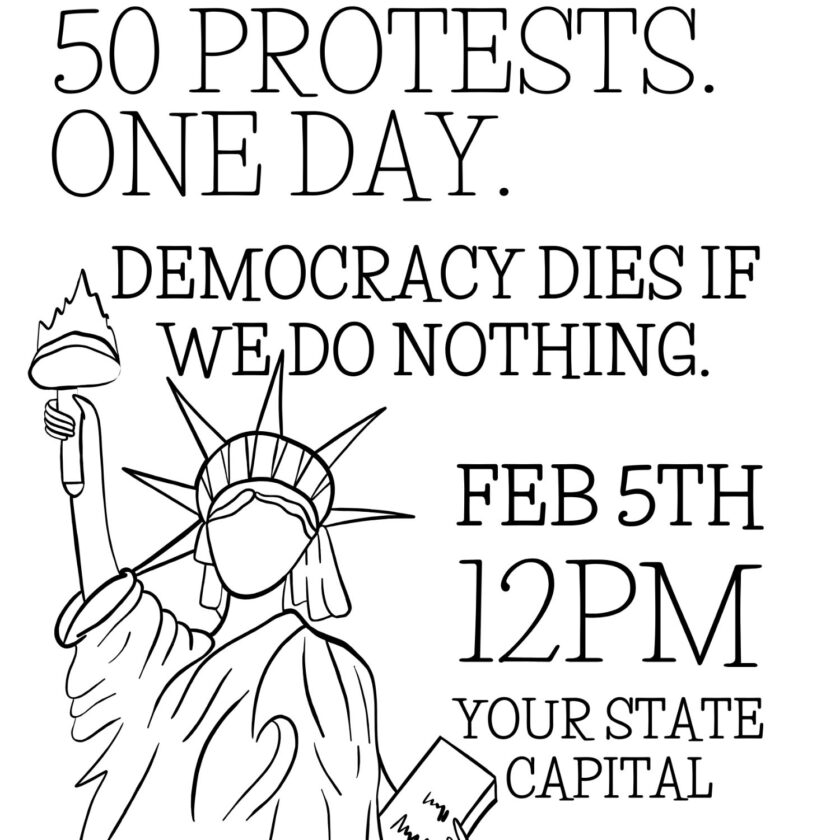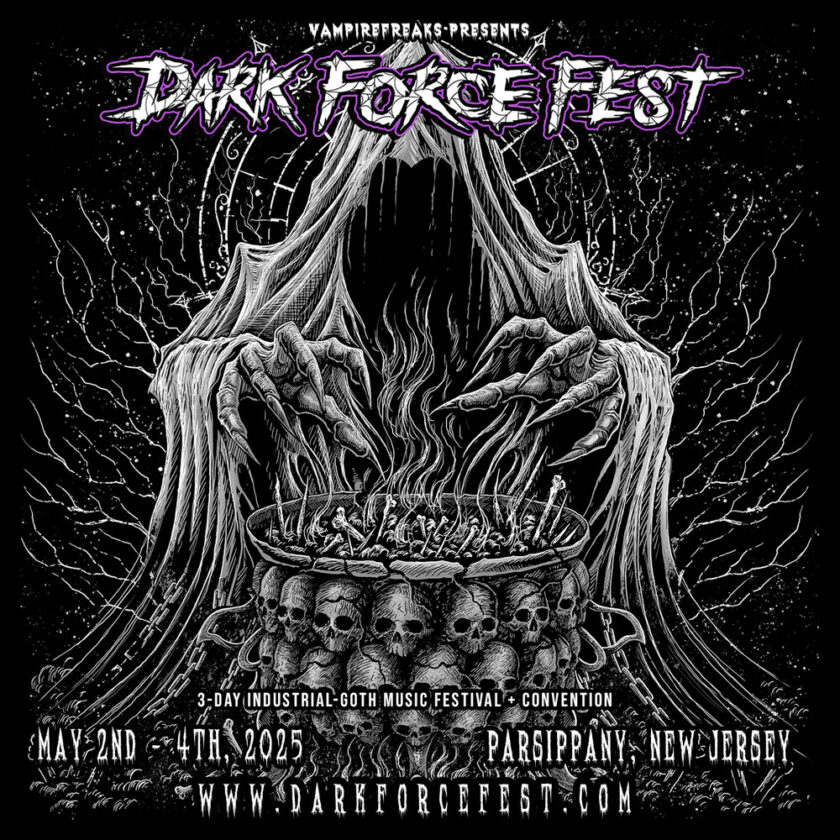FOR THE FIRST TIME IN HISTORY a non-fiction film commemorating Martin Luther King, Jr.‘s famous “Letter from Birmingham Jail.” No longer will the Letter from Birmingham Jail be in the SHADOW of the “I Have a Dream” speech. The film stars community leaders of Columbus, Ohio and educators and leaders of The Ohio State University. The Letter from Birmingham Jail is an open letter written on April 16, 1963, by Martin Luther King, Jr. The letter defends the strategy of nonviolent resistance to racial discrimination, arguing that people have a moral responsibility to break unjust laws. After an early setback, it enjoyed widespread publication and became a key text for the American civil rights movement of the early 1960s.
Song
Oh Freedom
Artist
The Princely Players
Album
Wade in the Water, Vol. 1: African-American Spirituals: The Concert Tradition
Licensed to YouTube by
The Orchard Music (on behalf of Smithsonian Folkways Recordings); ASCAP, UMPG Publishing, and 2 Music Rights Societies
The Letter from Birmingham Jail, also known as the Letter from Birmingham City Jail and The Negro Is Your Brother, is an open letter written on April 16, 1963, by Martin Luther King Jr. The letter defends the strategy of nonviolent resistance to racism. It says that people have a moral responsibility to break unjust laws and to take direct action rather than waiting potentially forever for justice to come through the courts. Responding to being referred to as an “outsider”, King writes, “Injustice anywhere is a threat to justice everywhere”.
The letter, written during the 1963 Birmingham campaign, was widely published, and became an important text for the American Civil Rights Movement. – WIKI




